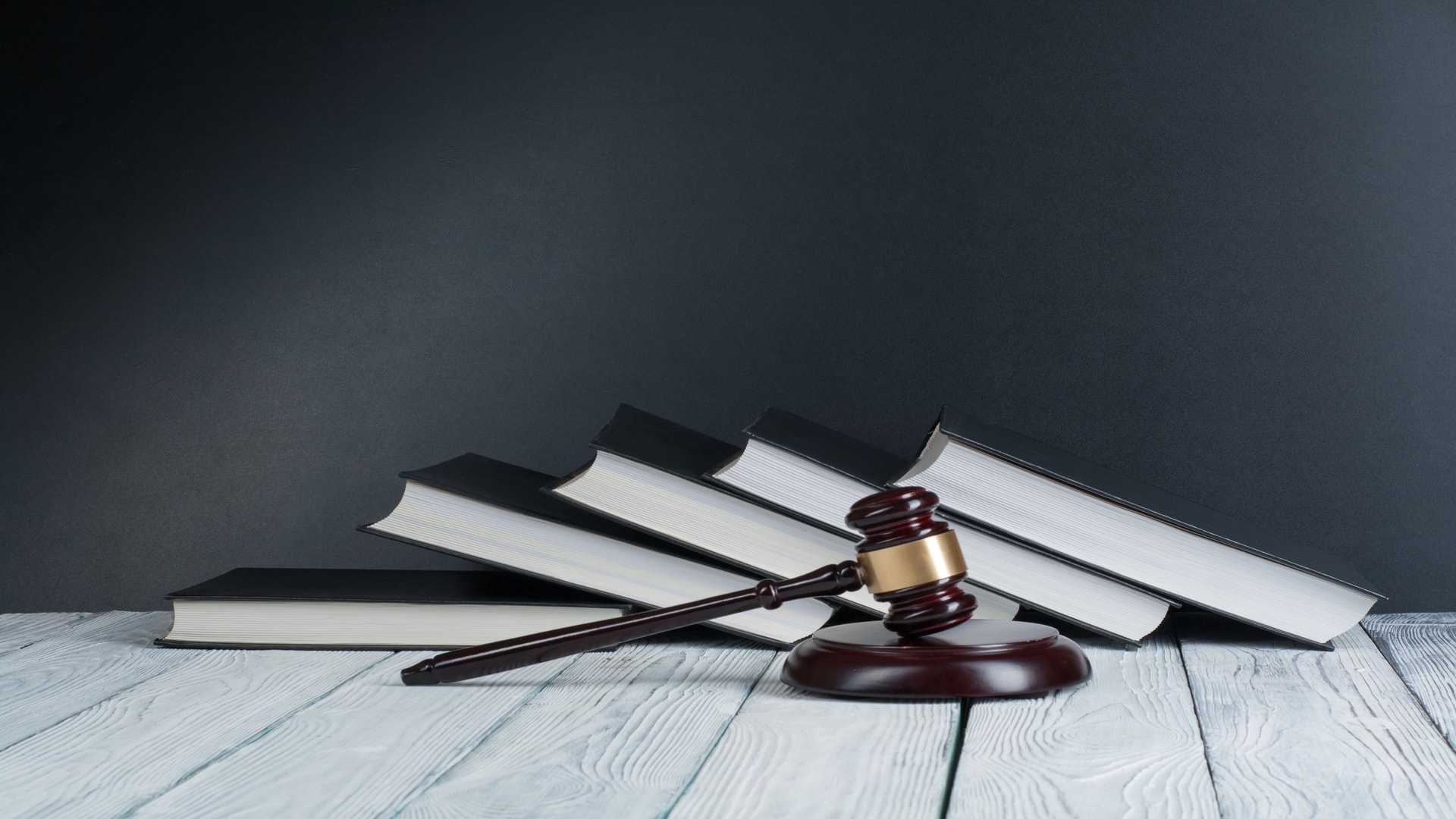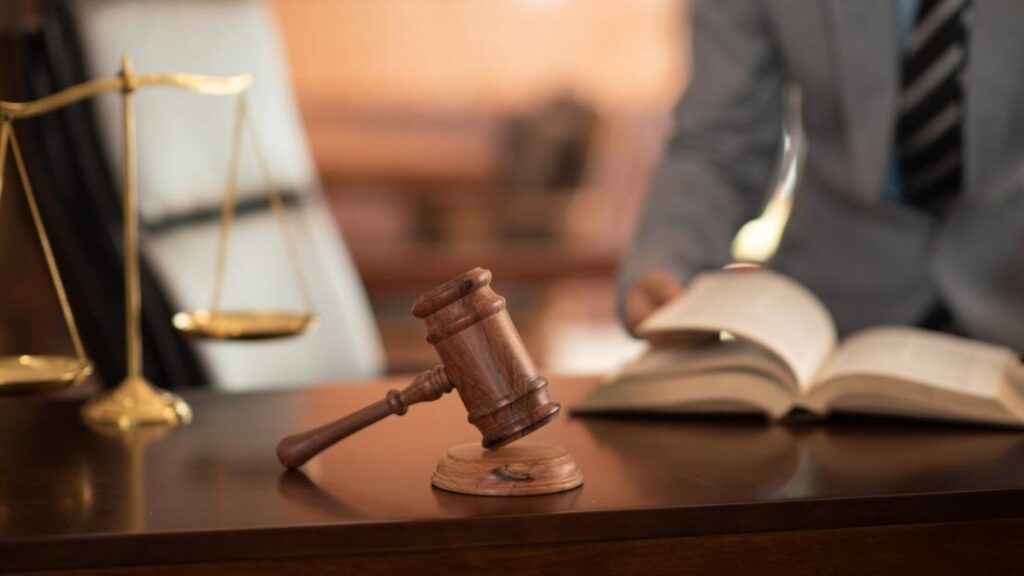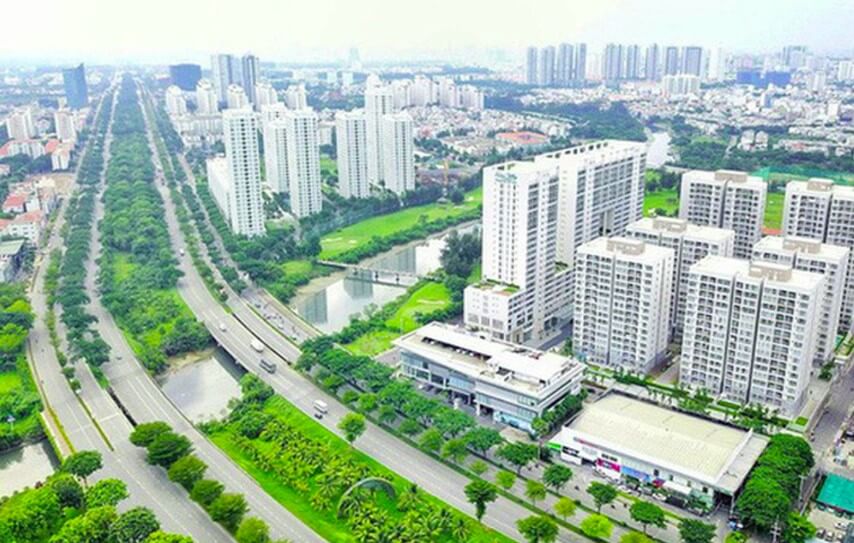Explanation of the constitutions, laws and ordinances in Vietnam

Vietnam law has regulations on explanation of the constitutions, laws, and ordinances. Let’s find out this issue with Lawyer X through the following situation: “Dear Lawyer! I want to ask what are rules for explanation of the laws and ordinances? Who has the power to request explanation of the Constitutions, laws, and ordinances? Thanks for answering my questions!”
Legal grounds
- 2015 Vietnam Law on Promulgation of Legislative documents
Cases and rules for explanation of the Constitutions, laws, and ordinances
– The Constitutions, laws, and ordinances shall be explained if their regulations may be construed differently.
– Explanation of the Constitutions, laws, and ordinances must:
+ Conform to the spirit, purposes, requirements, and viewpoints on promulgation of the Constitution, laws, and ordnances;
+ Conform to contents and language of the Constitution, laws, and ordinances;
+ Not make amendments or impose new regulations.
The power to request explanation of the Constitutions, laws, and ordinances
– The President, Ethnic Council, Committees of the National Assembly, the Government, the People’s Supreme Court, the People’s Supreme Procuracy, State Audit Office of Vietnam, Central Committee of Vietnamese Fatherland Front, central agencies of associate organizations of Vietnamese Fatherland Front, and deputies of the National Assembly are entitled to request Standing Committee of the National Assembly to explain the Constitution, laws, and ordinances.
– Standing Committee of the National Assembly shall decide the explanation of the Constitution, laws, and ordinances itself or at the request of the entities mentioned in Clause 1 of this Article.
Procedures for explanation of the Constitutions, laws, and ordinances
– Depending on the characteristics and contents of the issues that need explaining, Standing Committee of the National Assembly shall request the Government, the People’s Supreme Court, the People’s Supreme Procuracy, Ethnic Council, or a Committee of the National Assembly to draft a resolution that contain explanation of the Constitution, law, or ordinance (hereinafter referred to as explanatory resolutions), and then submit it to Standing Committee of the National Assembly.
Standing Committee of the National Assembly shall request Ethnic Council or Committees of the National Assembly to inspect the conformity of the aforementioned explanatory resolution with the explained document.
– Standing Committee of the National Assembly shall consider ratifying the explanatory resolution in the following order:
+ The representative of the drafting agency presents and read the whole draft resolution out loud;
+ The representative of the inspecting agency presents the inspection report;
+ Representatives of other attending agencies, organizations and individuals offer their opinions;
+ Standing Committee of the National Assembly discusses;
+ The chair draws a conclusion;
+ Standing Committee of the National Assembly casts votes;
+ President of the National Assembly signs the explanatory resolution.

Publishing explanatory resolutions of Standing Committee of the National Assembly
– Explanatory resolutions of Standing Committee of the National Assembly must be published on Official Gazette in accordance with Article 150 of Vietnam Law on Promulgation of legislative documents, posted on information portal of the National Assembly, and published on the media in accordance with Article 157 of Vietnam Law on Promulgation of legislative documents.
– Explanatory resolutions of Standing Committee of the National Assembly shall be applied together with the explained documents.
Regulations on supervision of legislative documents
– Legislative documents must be supervised by competent authorities as prescribed by law.
– Legislative documents must be supervised in order to find the contents that contravene the Constitution, laws, documents of superior regulatory agencies, or that are no longer applicable in order to suspend, amend, annul them in part or in full, or request a competent authorities to deal with the entities that promulgate illegitimate documents.
Contents of legislative document supervision
– Conformity of the document with the Constitution and legislative documents promulgated by superior regulatory agencies.
– Consistency of the format of the document with its contents.
– Conformity of the document with the competence of the promulgating agency.
– Consistency of current legislative documents with new legislative documents promulgated by the same agency.
Supervision and handling of suspected illegitimate legislative documents
– The National Assembly, Standing Committee of the National Assembly, Ethnic Council, Committees of the National Assembly, deputies of the National Assembly, the People’s Councils, Standing Committee of the People’s Councils, committees of the People’s Councils, deputies of the People’s Councils shall supervise legislative documents.
– The National Assembly shall annul legislative documents of the President, Standing Committee of the National Assembly, the Government, the Prime Minister, Judge Council of the People’s Supreme Court, Executive Judge of the People’s Supreme Court, the Chief Procurator of the Supreme People’s Procuracy, State Auditor General that are promulgated against the Constitution, laws, or resolutions of the National Assembly.
– Standing Committee of the National Assembly shall suspend legislative documents of the Government, the Prime Minister, Judge Council of the People’s Supreme Court, Executive Judge of the People’s Supreme Court, the Chief Procurator of the Supreme People’s Procuracy, State Auditor General that are promulgated against the Constitution, laws, or resolutions of the National Assembly; request the National Assembly to decide annulment of such documents at the nearest meeting; annul legislative documents of the Government, the Prime Minister, Judge Council of the People’s Supreme Court, Executive Judge of the People’s Supreme Court, the Chief Procurator of the Supreme People’s Procuracy, State Auditor General that are promulgated against ordinances and resolutions of Standing Committee of the National Assembly; annul legislative documents of the People’s Councils of provinces that contravene the Constitution, laws, or legislative documents of superior agencies.
– The People’s Councils shall annul legislative documents of the People’s Committees at the same level, legislative documents of the People’s Councils at inferior levels that contravene their resolutions or legislative documents of superior agencies.
– Procedures for supervising promulgation of legislative documents, handling suspected illegitimate legislative documents shall comply with regulations of law on supervision by the National Assembly and the People’s Councils.
The Government’s inspection and handling of suspected illegitimate legislative documents
– The Government shall inspect legislative documents and deal with legislative documents of Ministries, ministerial agencies, the People’s Councils of provinces, the People’s Committees of provinces, local governments of administrative – economic units that are suspected of contravening the Constitution or legislative documents of superior agencies.
– The Prime Minister shall consider annulling or suspending, in part or in full, legislative documents of Ministers, Heads of ministerial agencies, the People’s Committees of provinces, local governments of administrative – economic units that contravene the Constitution, laws, or legislative documents of superior agencies; suspend in part or in full resolutions of the People’s Councils of provinces that contravene the Constitution, laws, or legislative documents of superior agencies and request Standing Committee of the National Assembly to annul them.
– The Ministry of Justice shall assist the Government in inspecting and handling legislative documents of Ministries, ministerial agencies, the People’s Councils of provinces, the People’s Committees of provinces, local governments of administrative – economic units that contravene the Constitution, laws, or legislative documents of superior agencies.
The Ministry of Justice shall cooperate with Government Office, relevant Ministries and ministerial agency in preparing documents to be submitted to the Prime Minister to request Standing Committee of the National Assembly to annul resolutions of the People’s Councils of provinces that contravene the Constitution, laws, or legislative documents of superior agencies which have been suspended by the Prime Minister.
– The Government shall provide specific regulations on inspection and handling of suspected illegitimate legislative documents promulgated by Ministers, Heads of ministerial agencies, the People’s Councils and the People’s Committees.
Ministers and Heads of ministerial agencies’ inspection and handling of suspected illegitimate legislative documents
– Ministers and Heads of ministerial agencies shall inspect legislative documents they promulgate or those promulgated by other Ministries, ministerial agencies the People’s Councils and the People’s Committees of provinces whose contents relate to their fields or sectors.
Where a legislative document they promulgate is found illegitimate, the Minister or Head of ministerial agency shall annul it in part or in full.
– Ministers and Heads of ministerial agencies in charge a particular field or sector are entitled to request the Prime Minister to suspend or annul legislative documents of other Ministers, Heads of ministerial agencies, the People’s Committees of provinces, local governments of administrative – economic units that contain illegitimate regulations on their fields or sectors; request the Prime Minister to request Standing Committee of the National Assembly to annul legislative documents of the People’s Councils of provinces that contain illegitimate regulations on their fields or sectors.
– In case an illegitimate legislative document of a minister, Head of ministerial agency, or the People’s Committee of a province, or local government of a administrative – economic unit is not dealt with as prescribed in Clause 1 and Clause 2 of this Article, the Minister of Justice shall request the Prime Minister to suspend or annul it.
The People’s Councils and the People’s Committees’ inspection and handling of suspected illegitimate legislative documents
– The People’s Councils and the People’s Committees shall inspect their own legislative documents and those promulgated by the People’s Councils and the People’s Committees at inferior levels.
When a legislative document they promulgate is found illegitimate, the People’s Council or the People’s Committee shall annul it in part or in full.
President of the People’s Committee of each province shall inspect legislative documents promulgated by the People’s Councils and the People’s Committees of districts.
President of the People’s Committee of each district shall inspect legislative documents promulgated by the People’s Councils and the People’s Committees of communes.
– President of the People’s Committee of each province shall suspend illegitimate resolutions of the People’s Councils of districts and request the People’s Council of the same province to annul them.
President of the People’s Committee of each district shall suspend illegitimate resolutions of the People’s Councils of communes and request the People’s Council of the same district to annul them.
– Presidents of the People’s Committees shall directly suspend, annul in part or in full legislative documents promulgated by the People’s Committees at inferior levels.
Please see more:
- Instructions for exclusive registration of company logos in Vietnam
- Service of changing the legal representative of Vietnamese enterprises
Services of Lawyer X
Prestigious professional services: Firstly, the team of consultants and consultants for many years in the field of civil status, and customer support.
On-time: Certainly, with the motto “Get your lawyer right at your fingertips”, we ensure the service always performs on time. The rights and interests of customers always come first.
Cost: Besides, Lawyer X’s service costs are highly competitive; depending on the nature of the particular case. So, we want our guests to have the best possible service experience. Therefore, costs which guaranteed to be the most suitable and economical for customers.
Confidentiality of client information: Finally, all personal information of clients Lawyer X will be 100% confidential.
If you need any further information, please contact LSX Law firm: at +84846175333 or Email: [email protected]
Frequently asked questions
The Constitutions, laws, and ordinances shall be explained if their regulations may be construed differently.
Yes! Explanation of the Constitutions, laws, and ordinances must conform to the spirit, purposes, requirements, and viewpoints on promulgation of the Constitution, laws, and ordnances;
The President, Ethnic Council, Committees of the National Assembly, the Government, the People’s Supreme Court, the People’s Supreme Procuracy, State Audit Office of Vietnam, Central Committee of Vietnamese Fatherland Front, central agencies of associate organizations of Vietnamese Fatherland Front, and deputies of the National Assembly are entitled to request Standing Committee of the National Assembly to explain the Constitution, laws, and ordinances.
Conclusion: So the above is Explanation of the constitutions, laws and ordinances in Vietnam. Hopefully with this article can help you in life, please always follow and read our good articles on the website: lsxlawfirm.com




